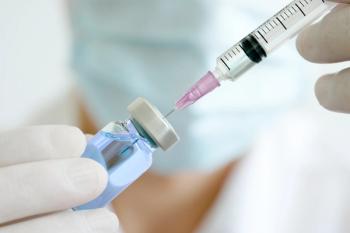
Analyzing outcomes from the COVID-19, influenza, and pneumococcal vaccines, researchers explored the effectiveness and patient hesitancy surrounding each vaccine.

Analyzing outcomes from the COVID-19, influenza, and pneumococcal vaccines, researchers explored the effectiveness and patient hesitancy surrounding each vaccine.
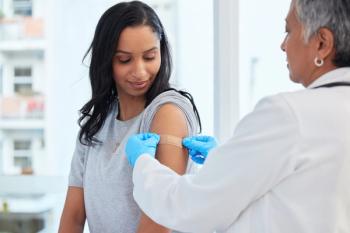
Posters presented at IDWeek 2024 provided new insights into the impact of COVID-19 infection and vaccination on women’s health.
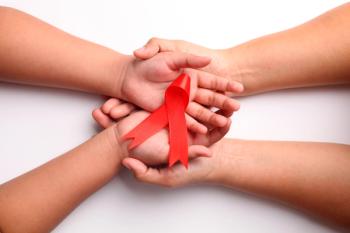
Three posters showcased at IDWeek 2024 focused on enhancing access to HIV prevention and treatment, as well as increasing uptake of pre-exposure prophylaxis (PrEP) among women.

Researchers explored the stigmatization of sexually transmitted infections across film while also identifying inaccuracies in STI-related content on Tik Tok.
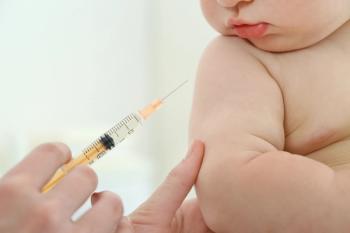
Researchers explored the overall efficacy of various pediatric vaccines and their effects on antibiotic use, while also addressing vaccine hesitancy among parents.
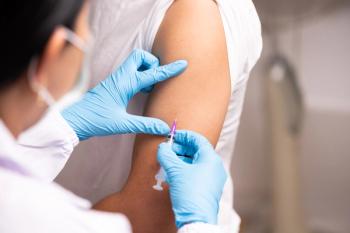
Vaccination against HPV can prevent thousands of cases of cancer each year.
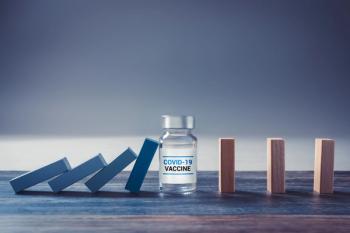
Researchers explored the efficacy of Pfizer-BioNTech’s updated COVID-19 vaccine for the 2023-2024 period and its efficacy in improving various patient outcomes.

Three RSV vaccines are currently FDA approved for use in adults aged 60 or older.
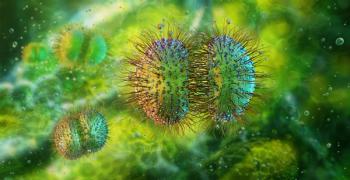
Cases of meningococcal disease currently exceed prepandemic levels.

Dozens of presentations at IDWeek 2024 focused on available immunizations, such as those for COVID-19, respiratory syncytial virus, and flu.
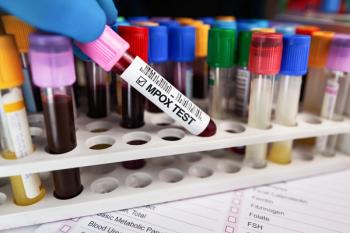
By way of natural immunity, vaccination, and behavior change, the majority of the 30,861 documented cases and 54 deaths were confined to 2022, and the epidemic curve portrays a picture of success.

Anesthetic gases and meter dose inhalers, how we use our antibiotics, how we use our resources for infection prevention and control, and how we use plastic and food in our hospitals all add up.

Pediatric TB is an intricate challenge that demands continued attention and funding.
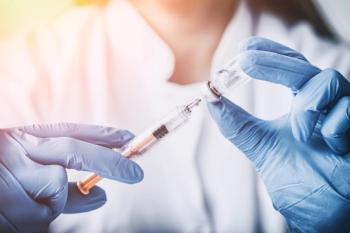
Prophylactic HPV vaccines have demonstrated remarkable efficacy, exceeding 98%, and they are already proving to be effective in the prevention of anogenital warts, precancerous lesions, and cancer alike.

Isaac "Zak" Kohane, MD, PhD, the inaugural chair of Harvard Medical School's Department of Biomedical Informatics, discussed artificial intelligence during a plenary session at IDWeek 2023.
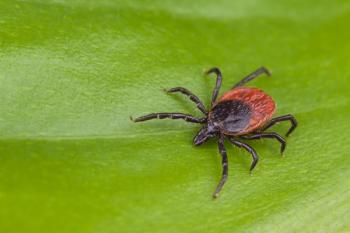

The drug, marketed as Beyfortus, was approved by the FDA in July for the prevention of RSV lower respiratory tract disease (LRTD) in newborns and infants born during or entering their first RSV season, and for children up to 24 months of age who remain vulnerable to severe RSV disease through their second RSV season.
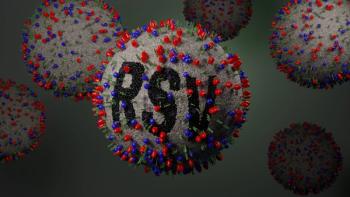
Maternal immunization can prevent RSV in infants.

Research findings may support further COVID-19 vaccination in children.

Group B streptococcus is the most common cause of early- and late-onset neonatal sepsis.
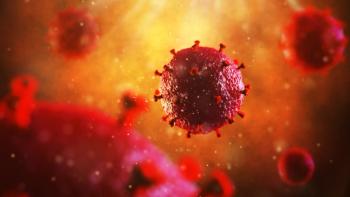
To sufficiently address HIV, stakeholders across the health care spectrum must come together.


Results of multiple studies were presented at IDWeek 2022.

After multiple approvals and emergency use authorizations, It’s time to take stock of the state of pediatric COVID-19 vaccines.
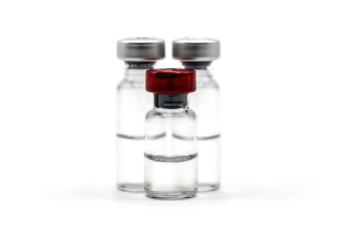
Investigators reviewed data from 19 studies and 11 consecutive flu seasons.

Antibiotics are often administered to pediatric patients at end of life, even in cases without infection.

Although few cultures showed bacterial coinfections, many children were given antibiotics.

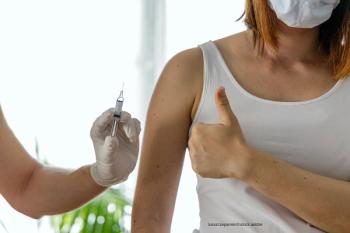
Adult vaccine uptake lags and understanding the reasons could be important.
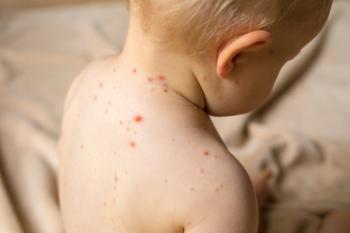
The US was the first country to begin universal vaccination of children against varicella.